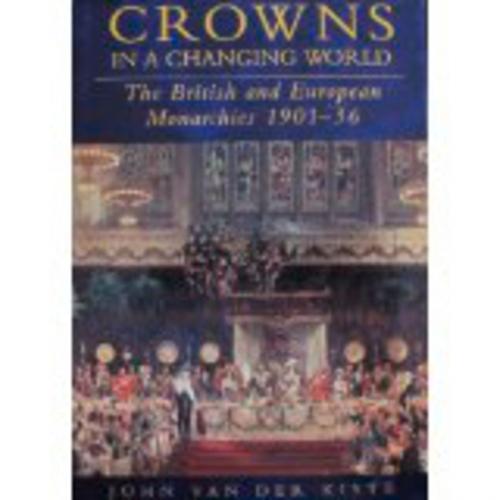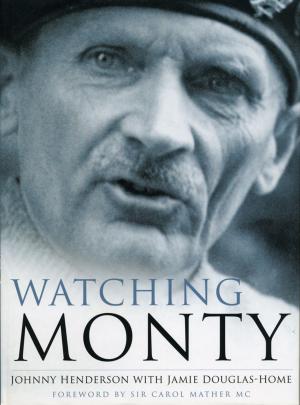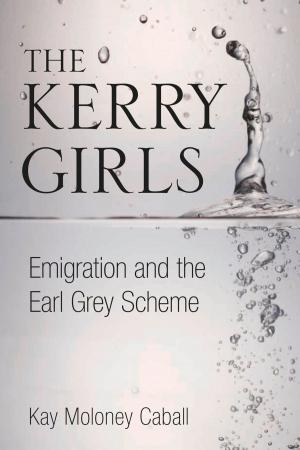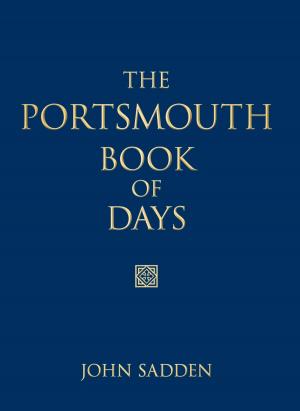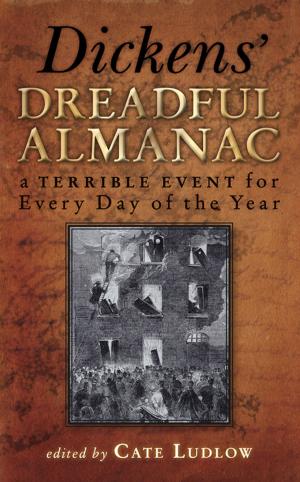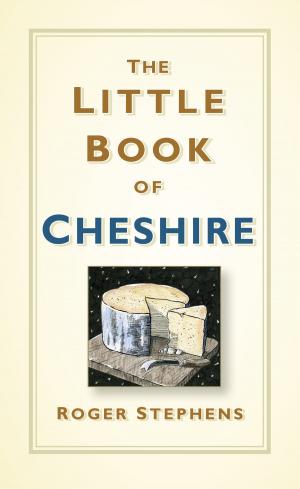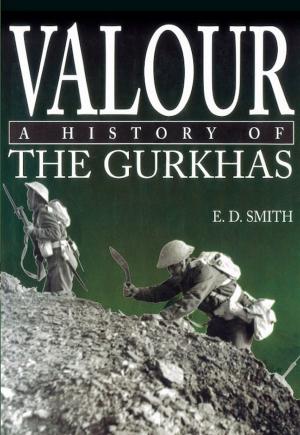Crowns in a Changing World
The British and European Monarchies, 1901-36
Nonfiction, History, Ireland, British| Author: | John Van der Kiste | ISBN: | 9780752499277 |
| Publisher: | The History Press | Publication: | July 24, 2003 |
| Imprint: | The History Press | Language: | English |
| Author: | John Van der Kiste |
| ISBN: | 9780752499277 |
| Publisher: | The History Press |
| Publication: | July 24, 2003 |
| Imprint: | The History Press |
| Language: | English |
At the death of Queen Victoria in 1901, almost every European nation was a monarchy, most linked by close family ties to her and Edward VII, the "uncle of Europe". Prior to the outbreak of World War I, the personal relationships of Edward, and of his successor and son, George V, flourished with the other royal families of Europe. The closeness of the European families was violently interrupted by the outbreak of war in 1914, and the armistice of 1918 brought three empires, namely Germany, Austria-Hungary and Russia, crashing down. Some monarchies were strengthened, and others weakened beyond repair. In this well-researched study, John Van der Kiste has drawn upon previously unpublished material for the Royal Archives, Windsor, to show the realtionships between the crowned heads of Europe in the first part of the 20th century. His account sheds new light on foreign policy leading up to World War I.
At the death of Queen Victoria in 1901, almost every European nation was a monarchy, most linked by close family ties to her and Edward VII, the "uncle of Europe". Prior to the outbreak of World War I, the personal relationships of Edward, and of his successor and son, George V, flourished with the other royal families of Europe. The closeness of the European families was violently interrupted by the outbreak of war in 1914, and the armistice of 1918 brought three empires, namely Germany, Austria-Hungary and Russia, crashing down. Some monarchies were strengthened, and others weakened beyond repair. In this well-researched study, John Van der Kiste has drawn upon previously unpublished material for the Royal Archives, Windsor, to show the realtionships between the crowned heads of Europe in the first part of the 20th century. His account sheds new light on foreign policy leading up to World War I.
